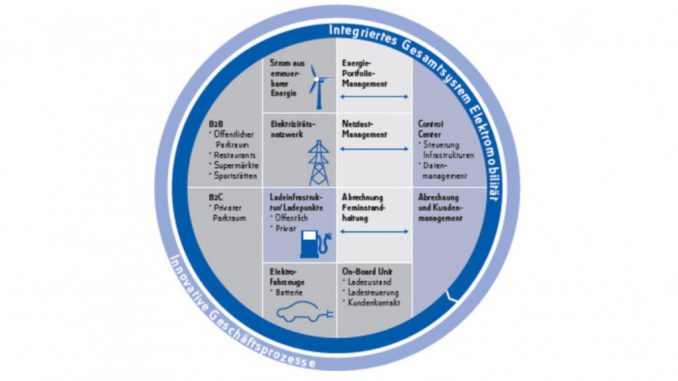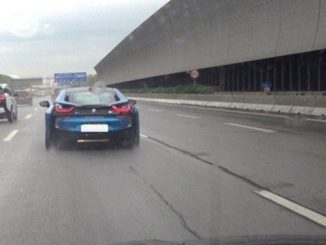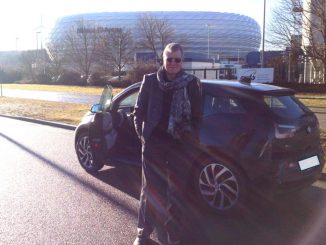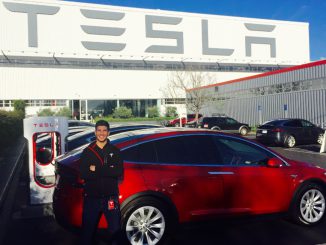
The Role and Future of Electro-mobility. This article is Part 2 of a series and focuses on the agenda for a sufficient market share.
Part 1, Part 3
In my first article in this blog on electro-mobility, I already explained that the number of new registrations for electric vehicles and vehicles with hybrid motors has dramatically increased and is still growing. Experts thus expect a final market breakthrough until 2020. In the second part of this series on “The future of electro-mobility”, I will discuss the requirements that are needed so that electro-mobility can gain a sufficient market share.
The future of mobility largely depends on political, economic, sociocultural, technical, ecological and legal drivers. In the general integrated concept of electro-mobility, however, many companies from various sectors have to cooperate to facilitate this form of mobility.
This requires a high degree of flexibility from all stakeholders, among them also, of course, the power companies. They must be able to swiftly react to new developments and to flexibly adapt their offers. One essential prerequisite for the breakthrough of electro-mobility is the efficient cooperation of all parties involved. This is made strikingly obvious by the recharging process at public refilling stations. This activity alone involves car drivers, car manufacturers, power companies, refilling station operators and financial service providers. A smooth refilling process requires the coordinated use of information and communication technologies by all stakeholders, as a current example of a journey through Germany in an electric car has demonstrated.
This is why electric cars, and traffic, power and IKT grids must grow together. As the experts of the German National Platform for Electric Mobility (NPE) have confirmed: A mass introduction of electro-mobility will be possible only if a there is a proper power and traffic infrastructure in place across all systems. All stakeholders must closely and – above all – efficiently work together to develop intelligent power grids. Sustainability and lean processes are principles of profitability that also apply to marketing electro-mobility. The challenge lies in making ecological driving a positive emotional experience for the users.
After all, interaction of multiple factors ensures the sustainable success of the general integrated concept of electro-mobility. But has research already reached the point where new business models and a market breakthrough can be implemented? In the last part of this series, you will learn more about a successful research project which could smooth the way for long-term success of electric vehicles.
Source: Projekt e-mobility 2011: Eine elektromobile Zukunft ohne Grenzen, in: Roessler, Ph. Et al.: Innovationspolitik, Informationsgesellschaft, Telekommunikation – IKT für Elektromobilität, August 2011, p. 13, Berlin 2011.




